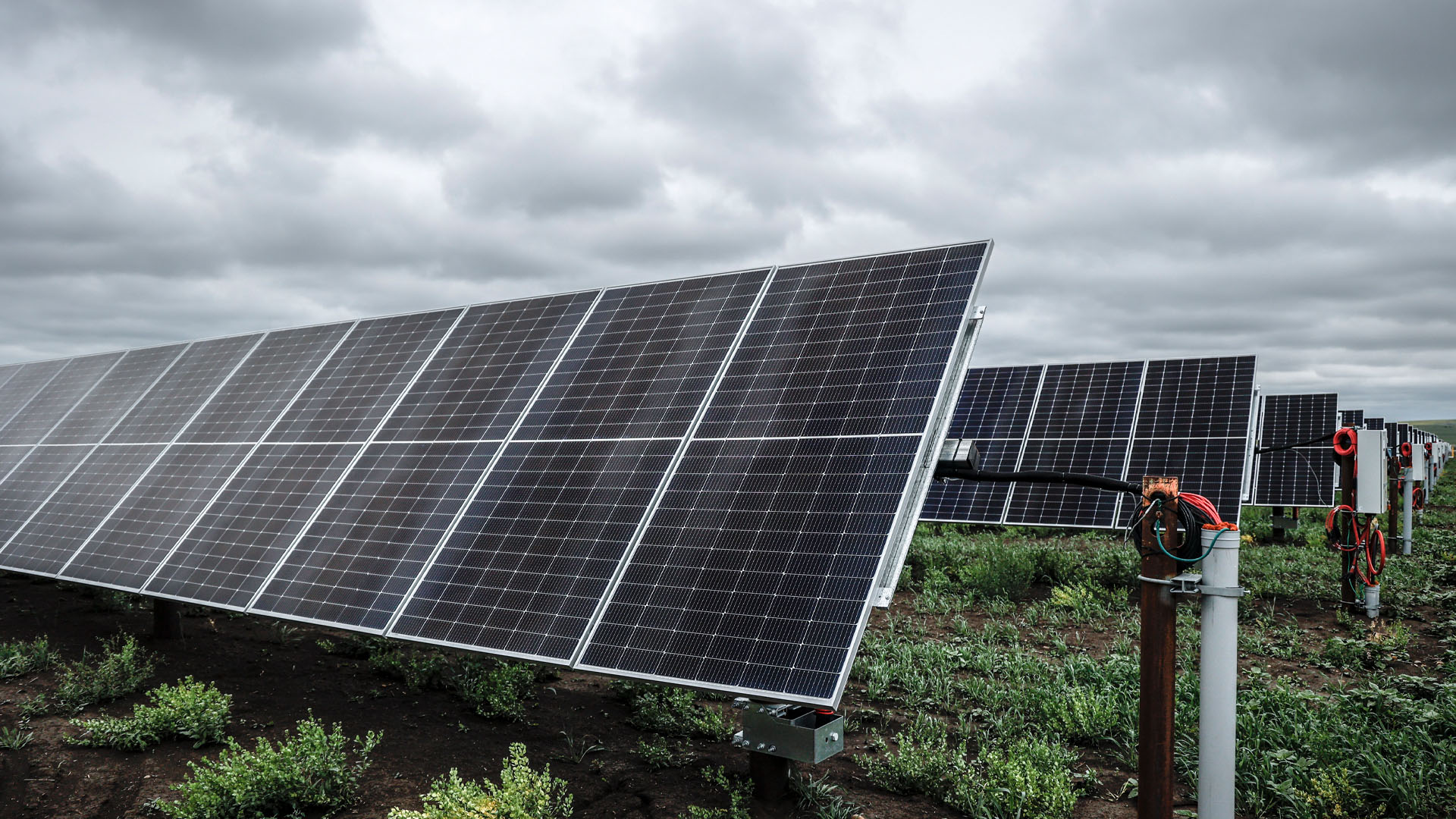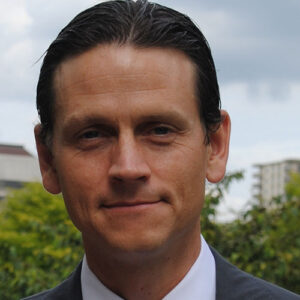
For Canada to reach the goal of a net-zero economy by 2050, more new electricity generation facilities will be needed in the next 25 years than were built over the entire last century.
As we electrify transportation, heating and light industry, as well as produce greater amounts of electricity from renewable sources, regulators will be required to review a large number of new clean energy projects. Currently, clean energy projects in Canada take too long to get built.
The stakes are huge.
If new, expedited ways to review and approve clean energy projects are not developed, Canada’s economic competitiveness and ability to reduce emissions will be severely hampered.
At the same time, unco-ordinated and often overly political decision-making processes around these projects have caused a lack of predictability and transparency. This translates into community resistance and increased investor uncertainty as decisions are perceived to be at risk of reversal due to political capriciousness.
Decision-making processes need improvement not only to scale up and make them faster but also to ensure they are inclusive and protect the public interest and the environment. Against this backdrop, governments should co-ordinate to develop and implement agile regulatory strategies.
This approach is essential to fostering more transparent, predictable and evidence-based decision-making processes that enhance environmental and social outcomes while addressing inefficiencies identified in the current regulatory system.
One such strategy is to use prioritization frameworks as an evidence-based way to assess which types of projects the regulators should prioritize for expedited development. While there is no one model for this kind of strategy, variations are gaining increasing recognition and application in the European Union and the United States.
Advancing prioritization frameworks
Prioritization frameworks help balance the need to speed up regulatory decision-making for clean energy projects with the capacity constraints of regulators and limited public funds. Governments could co-ordinate with regulators to identify risk-based criteria used to develop project categories.
The resulting framework would then enable accelerated decision-making for clean energy projects with minimal risk to the environment and people (e.g., a solar farm on an orphan oil and gas site).
While the development of prioritization frameworks would have upfront costs, they would be more than outweighed by later resource savings in decision-making processes for prioritized projects. In addition, regulators could shift the resulting “saved” resources and capacity to more complicated, riskier projects.
By establishing clear, evidence-based criteria for project assessment and decision-making, prioritization frameworks also make regulatory reviews more predictable and transparent. This is important for both project proponents and impacted communities that require clarity on participation rights and timelines for regulatory assessments and reviews.
If adopted, this more agile regulatory approach could enable the setting of guidelines that prioritize certain types of projects without being involved in individual project decisions. By moving parts of the review process away from the political arena, it reduces the likelihood of politicians picking “winners.”
Through such depoliticized decision-making, the durability of decisions rendered by regulators would be improved, particularly in the context of changes in government. This in turn could help reduce the policy uncertainty that has hindered investment and Canada’s competitiveness in the global clean economy.
In certain cases, such as the development of clean energy projects on Crown lands, these decision-making frameworks could be developed and implemented unilaterally by one level of government.
In other cases, the division of federal and provincial powers would require co-ordination and in some cases direct collaboration.
The practical approach to Canada’s proposed Clean Electricity Regulations
Four conditions for the new Clean Electricity Investment Tax Credit
While this could be challenging, having in place a shared prioritization framework would overcome some hurdles.
For example, a focus on accelerating clean energy projects in areas where there is broad political agreement, such as on already degraded land, would allow governments across the political spectrum to reach initial alignment and provide a basis for further co-ordination.
Avoiding the deregulation trap
In practice, the efficacy and credibility of such a framework would come down to its design and implementation. Any streamlined, flexible or accelerated review process must not compromise the strictness of environmental and social protections.
Experience has shown that public dissatisfaction with decisions often leads to prolonged delays in the regulatory process.
Governments must not use the urgency to build critical clean energy infrastructure to justify deregulation or the reduction of “red tape” at the expense of due diligence when considering issues of health, safety and environmental protection.
This is where prioritization frameworks can play a vital role. By using transparent, evidence-based criteria to identify the conditions under which a project would be prioritized, critics cannot accuse governments of fast-tracking projects for political reasons.
Moving to a low-carbon economy calls for innovative regulatory strategies that remain rigorous while offering a more inclusive and predictable decision-making process. The decisions we make over the next decade around Canada’s energy transition will shape our economy and society for generations.










